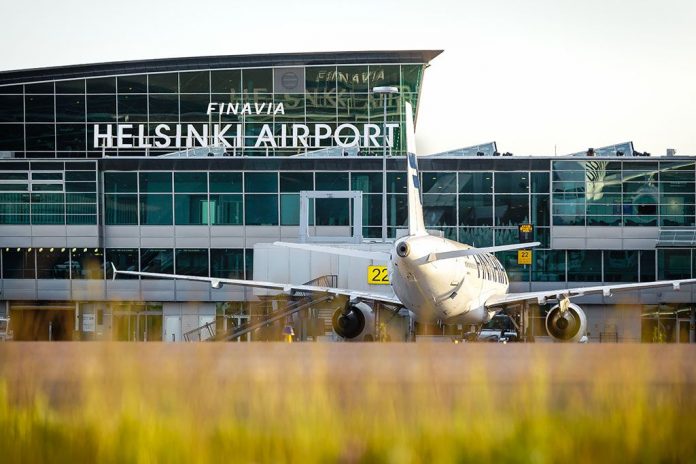Regional airlines are calling for a radical overhaul of flight delay compensation, claiming it puts an unfair burden on smaller carriers and it could be a threat to air safety.
The European Regions Airline Association (ERA), which represents 51 airlines, wants compensation due under EU261 to be halved for smaller carriers with fewer than 2.5 million passengers a year, arguing that pay-outs place a disproportionate burden on the smallest carriers.
The ERA is also asking for EU261 to be amended so no compensation is due for delays of up to five hours. At the moment, passengers are automatically entitled to fixed rates of compensation if they arrive at their final destination three hours or more behind schedule.
The ERA is also asking for compensation to be scrapped on public service obligation routes, where airlines provide a service at the request of governments, usually to provide air links to remote communities.
It says that where it is accepted that a delay is due to extraordinary circumstances, and therefore no compensation is paid, this should apply not just to the one flight directly affected but to the whole journey, including connecting flights.
And passengers who are delayed due to safety-related issues shouldn’t be due any compensation, argues the ERA.
The Association has published a study in which it claims that compensation for delays and cancellations has more than tripled since 2016 and the typical compensation payments are 296% more than the ticket price paid.
“These costs clearly have a serious impact on revenue, especially for regional airlines which have much smaller budgets than their low-cost carrier or legacy competitors,” it said, adding that the financial implications of delays were causing a reduction in safety.
As part of the ERA study, safety specialist Baines Simmons ran a confidential online survey of more than 300 front-line members of staff at a number of European operators and aviation-related companies, asking a series of questions about perceptions, behaviours and decision making and 67% felt the regulation had had a negative impact on aviation safety and 49% felt it had a negative impact on their organisation’s safety culture.
ERA director general Montserrat Barriga said: “EU261 is putting an unbearable financial burden on small to medium-sized airlines that operate on very low margins, have lower average ticket prices, tighter schedules and smaller teams to deal with claims and legal and administrative procedures and costs; they are therefore disproportionately affected by the regulation.
“Recent airline failures are sadly reducing competition and choice in Europe. Some ERA members are already abandoning routes that are not profitable, including PSO-subsidised routes. Additionally, an airline should never be financially penalised for taking all the necessary time to carry out safety-related procedures.”
The EU is currently carrying out its own review of EU261, but this doesn’t include regional airlines.
























